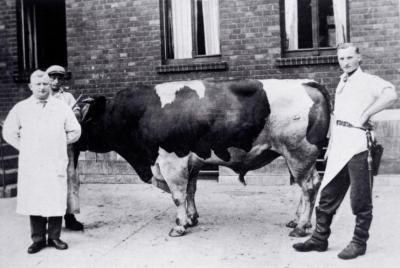Point of View: Learning Something
Point of View: Learning Something
It was rather exhilarating to see some 600 fifth through eighth graders dash across Main Street one morning last week on their irrepressible way toward the Main Beach pavilion some three miles away.
“It must be the funnest day of the year for them,” I thought, as the kids, from Montauk, Springs, Amagansett, and East Hampton, cavorted at the edge of the cool ocean, remembering how I had always looked forward to the Collegiate School’s field day in the spring. (It just occurred to me that I’m wearing Collegiate’s colors today, orange and blue.)
There were very few couch potatoes to be seen in the high-energy Bonac on Board to Wellness horde. To the contrary, many of the times were impressive; and some, in the high school’s boys varsity track coach Chris Reich’s view, were even “phenomenal.” He is eyeing in particular three seventh-grade middle school boys who ran the 5K that day in the 19s, “what I did when I was a freshman.”
Lea Bryant, the middle school’s health teacher, who, with Barbara Tracey, the school’s nurse, oversees the wellness curriculum there, said that during the course of the school year the students were encouraged to make “healthy choices having to do with fitness and nutrition, and to set personal goals. We feel camaraderie is important as well. We try to encourage them to feel high naturally.”
“It’s such a spectacular day on so many levels,” she said. “The time of year is wonderful, and it’s great that they all get to do the same thing, and that they’re all striving to do their best. . . .”
My late stepbrother, who lived most of his life in France, said on returning from a brief visit to the Springs School once years ago that he didn’t know if the students were learning much, but they were having fun — a Descartean critique that he probably would have extended to American education in general.
I’ll bet, though, that if they were having fun they were, indeed, learning something. Fun may not be the sole prerequisite, but it can play a big role — as was abundantly evident to me at Main Beach the other day — in awakening the imagination and in encouraging the mind to examine just how one comes to live a good life.

